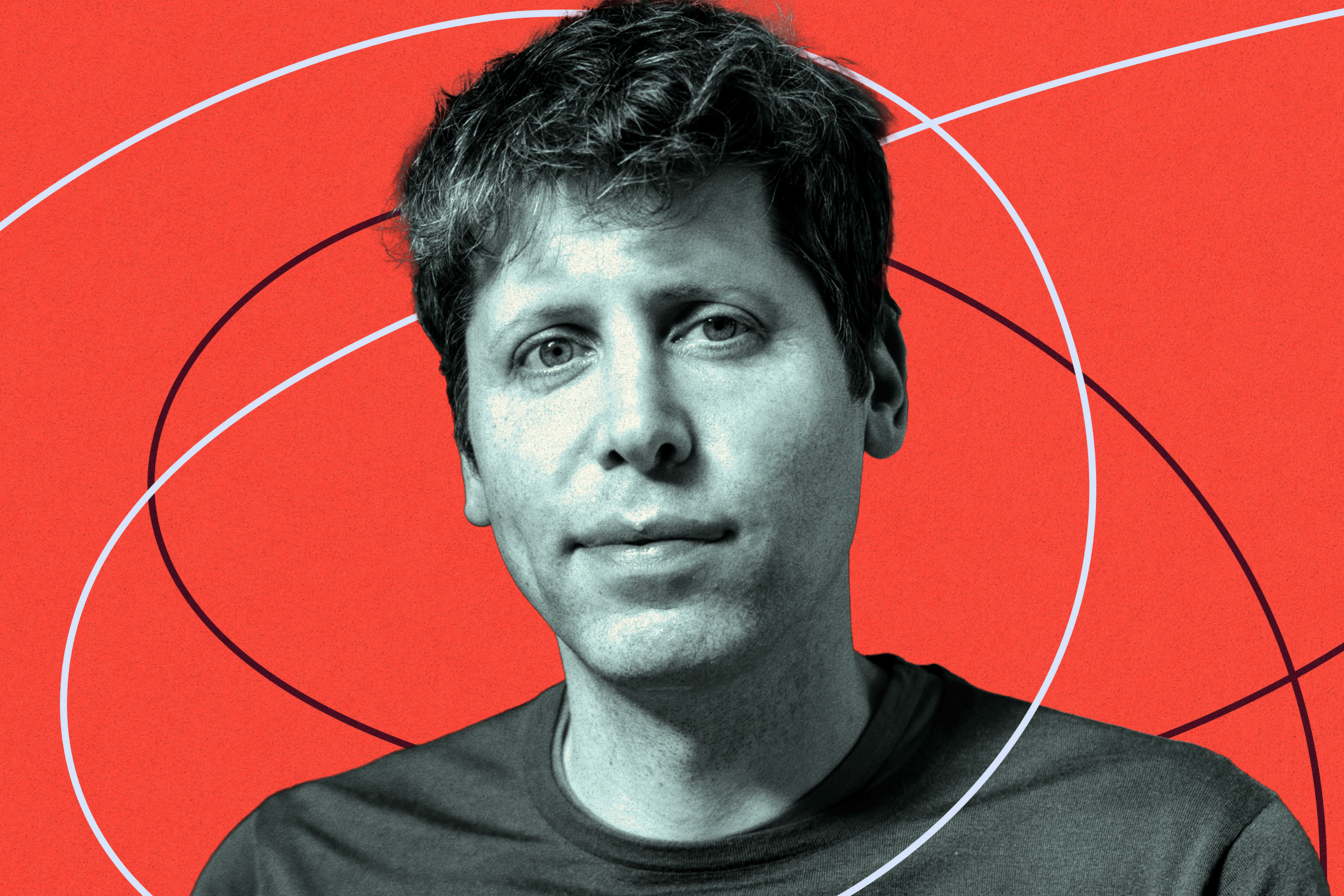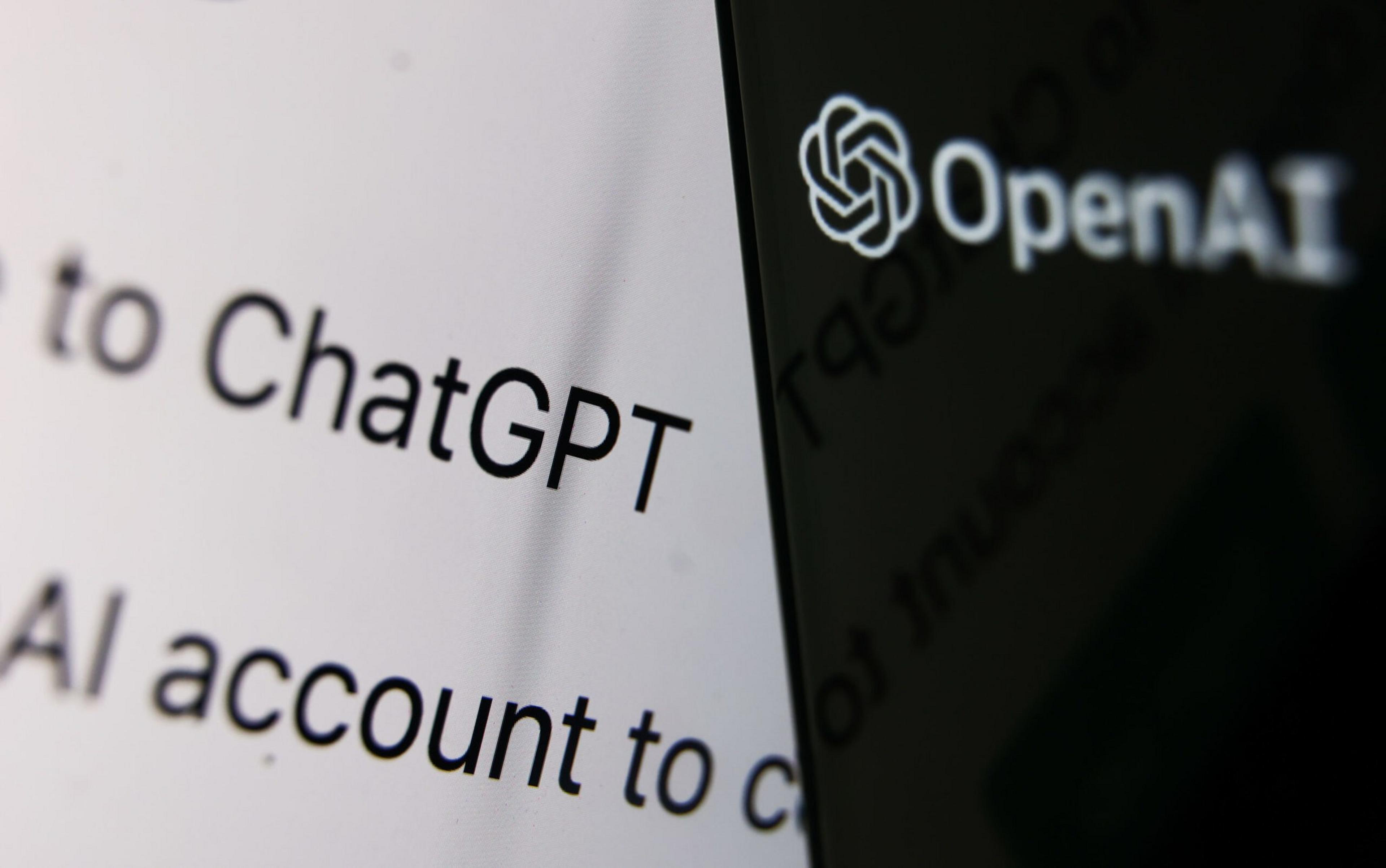If you ever want to feel like James Bond, just pay an unannounced visit to the San Francisco headquarters of OpenAI.
Since November, the company has rocketed to international fame for ChatGPT, a chatbot powered by artificial intelligence that can write a TV script for an imaginary episode of Seinfeld, craft fairly eloquent poetry, correct computer code or even generate a typical San Francisco news story.
Like many journalists, we at The Standard wanted to interview them, partly out of fear we’d soon be replaced by chatbots, but mostly out of curiosity on who was behind it. The company doesn’t talk to the press often, and our emails and calls went unanswered.
So when my editor asked me to drop by and see if I could make the request in person, I thought it was worth a shot.
I’m a big fan of the chatbot, and I personally had a lot of questions I wanted to ask the creators—both serious (“What does this technology mean for the future?”) and urgently serious (“How many times can one ask ChatGPT to write NSFW (opens in new tab) limericks before getting banned from the platform? Asking for a friend.”).
Five things we learned from our bare-all interview with Sam Altman

But when I arrived at OpenAI’s office, I quickly realized something: While its AI could probably write a decent script about a journalist dropping by its office, the company itself could not fathom that a journalist could find it, waltz right in and ask for an interview.
Let’s back up for a minute.
I’m an investigative reporter, but I wasn’t using any hardcore investigative skills or resources on this assignment. I just Googled the company’s address—the historic Pioneer Building on 18th Street in the Mission District—and hopped on a bus there. When I arrived, I rang the buzzer and told the security guard I was looking for OpenAI.
An Impenetrable Fortress, Not
“They moved,” he said and then told me its new—and, as far as I can tell, not yet publicized—address. It was just a few blocks away, so I walked over. The new location was a large, nondescript beige and white building with a lot of windows. It looked like a tech office, but not necessarily the headquarters of one of today’s most innovative companies.

When I arrived, someone was going through the front gate into the courtyard, so I just followed him in. I now realize that I would have needed to have an electronic key or to be buzzed in to open the gate, but that didn’t register at the time.
Once inside, I walked up to OpenAI’s glass front door. This time it was clear I needed a keycard to get in. But then an employee walked up and buzzed me in, no questions asked—thanks!

Now I was in the lobby of the most famous AI office on Earth. And it looked much like you would expect: a front desk with a security guard and a couple of guys in hoodies and sneakers, sitting in the waiting area with laptops—I guessed they were waiting for job interviews.
I went up to the front desk, and the security guard asked whether I had an appointment.
“No, I’m a journalist with The Standard. I dropped by to ask for an interview,” I said, extending my business card.
“Oh, there’s no one here who can help you with that,” she said with a slightly alarmed tone, as she started to dial a number on the phone. “I’m going to have to ask you to wait outside.”
No problem. I stepped into the courtyard.
No more than 30 seconds later, the security guard came out, on the phone, frantically telling someone—presumably her boss—that she had no idea where I came from.
“I’m having to lead him out right now!” she said. Bear in mind that she had never even asked me to leave the premises.
I wasn’t going to stage a sit-in. I followed her out, and she shut the gate behind me. “Can I give you my card?” I asked, extending my business card through the bars.
“Sorry,” she said and dashed away. Less than two minutes after entering, I was out.
“What the f— just happened?” I thought to myself. I looked down at my business card. It still said “Matthew Kupfer” and listed me as a reporter for The Standard, not a KGB agent or a member of a terrorist organization.
In retrospect, I feel bad for the security guard, who seemed genuinely afraid she would get in trouble because I got into the building. But my main emotion at that moment was surprise.
I’ve been denied a lot of interviews in my time. But I’ve never seen an organization so unprepared for the possibility that a journalist might show up—especially one making countless daily headlines across the globe.
While I understand that tech companies have serious and legitimate concerns about corporate espionage, it appeared that OpenAI—probably the buzziest tech firm at the moment—believed that an unpublicized address and a buzzer had effectively rendered its headquarters an impenetrable fortress.
I also couldn’t help feeling the company didn’t understand how journalism works. Journalists regularly approach people and organizations for comment unannounced. And instead of having a flip-out, the security guard could have just taken my card, promised to pass it up the chain of command, sent me on my way and promptly thrown it in the trash. Problem solved. Has no one at this company ever ghosted someone on Tinder?
In any case, if you’re out there, OpenAI, The Standard still wants to interview you. In the meantime, I asked ChatGPT to tell the story of my visit to your office in verse, and the results are pretty good!
In fairest San Francisco, by the bay,
There stands a building, grand and tall,
Where inside lies a company so great,
Whose works have changed the world, for all.
One day, a journalist did come to see,
This place of magic, mystery, and might,
He entered with a purpose, full of glee,
But was met with a shocking sight.
For he had walked right in, unguarded and free,
Into a place that few are allowed,
But quickly he was met with a decree,
That sent him on his way, feeling cowed.
So Matthew Kupfer, journalist brave,
Was turned away, by security’s wave,
But still we wonder, how did he get in?
Did he slip past all, with a mischievous grin?
